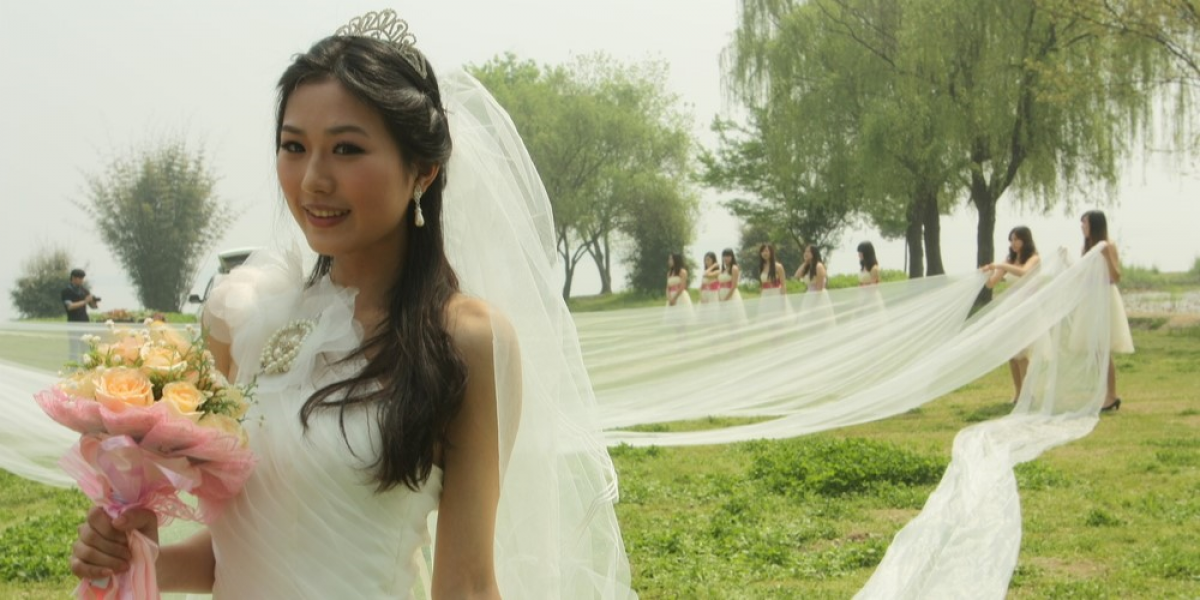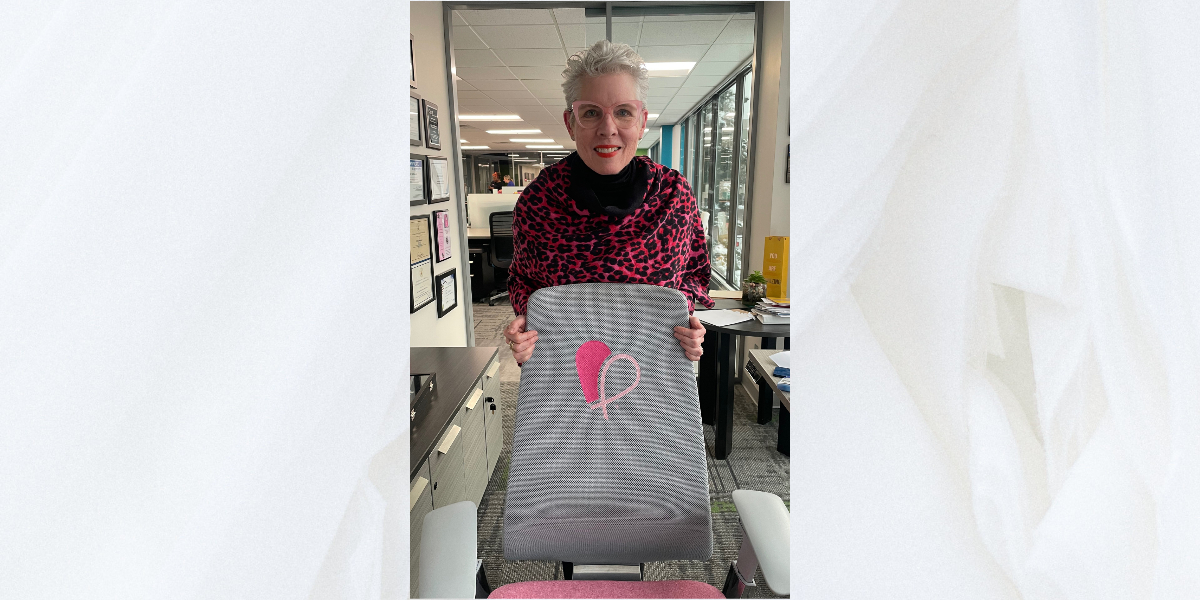Married women in China encounter significant hurdles when seeking employment opportunities, a concern that has gained attention amid the backdrop of a slowing economy and the COVID-19 pandemic. This article explores the experiences of women like Cindy Wang and Amy Su, shedding light on the discrimination they face during job searches. Additionally, it discusses the wider societal issues and the limitations in addressing these problems.
The Struggles of Cindy Wang:
Cindy Wang, a 37-year-old mother with over a decade of experience in the retail industry, found herself unexpectedly unemployed in February. She shares her experiences of facing discrimination during interviews. Hiring managers’ questions about her marital status and family life balance have become all too common, with concerns about her commitment to working overtime often arising.
Amy Su’s Journey:
Amy Su, a 35-year-old designer with an impressive work history, encountered similar challenges. Despite her qualifications, she struggled to secure a full-time position due to biases against married women over 35. Some hiring managers even expressed a preference for fresh graduates, believing they bring more creativity to the table.
Persistent Challenges in the Job Market:
Wang and Su’s stories reflect broader challenges that married women face in today’s job market. These difficulties have been exacerbated by the economic slowdown and the pandemic. The issue has gained substantial attention in China, with social media platforms abuzz with discussions on discrimination against married women.
Data and Surveys:
Recent surveys, such as one by Zhaopin, indicate that questions related to marriage and plans for children are common during job interviews for women. Age discrimination is another significant concern. While China has moved away from its one-child policy, questions about childbearing have become routine during interviews.
Legal Framework vs. Reality:
Despite legal protections against gender and pregnancy-related discrimination, the reality on the ground often falls short. Some companies still resist hiring women, fearing maternity leave, while others create hostile work environments that force pregnant employees to resign. Enforcement mechanisms for these laws remain minimal, allowing such practices to persist.
Limited Support and Legal Constraints:
Cindy Wang’s experience with her former employer highlights the difficulties women face when seeking legal recourse. Her attempts to settle the dispute through labor arbitration ultimately ended in her favor, highlighting the challenges in pursuing justice in such cases.
Exploring Alternative Paths:
In response to the job market’s challenges, some women like Cindy Wang have turned to alternative career paths, such as live streaming. While these endeavors offer flexibility, they also come with uncertainties, such as commission-based income.
Considering Entrepreneurship:
Amy Su, on the other hand, contemplates starting her own business as a way to navigate the limitations of the job market. Many women in similar situations find themselves having to compromise their career aspirations due to societal biases.
The Bigger Picture:
The article touches on the wider societal context and the limitations of addressing discrimination against women in the workplace in China. It underscores the challenges in voicing grievances and the perceived secondary importance of women’s rights in the country’s political landscape.
Takeaway:
As married women in China continue to face discrimination in their job searches, the prospects for their careers remain uncertain. The lack of clear solutions and the broader societal and political issues add to their pessimism. The article concludes by highlighting the uncertainties surrounding their professional futures and the urgent need for change.






